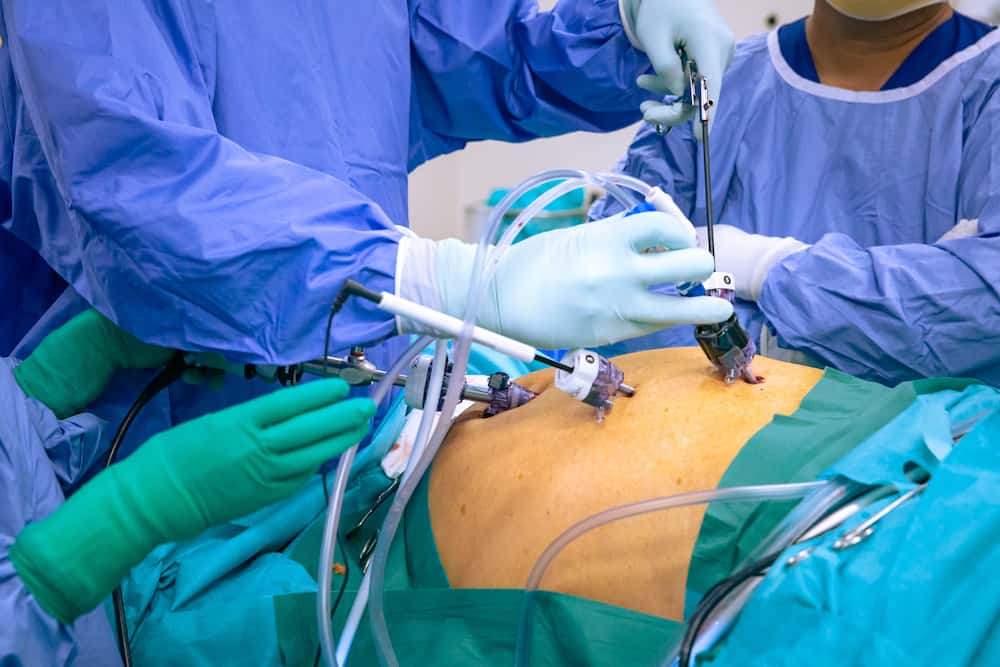What is an inguinal hernia?
An inguinal hernia may not always cause pain. However, as with all hernias, an inguinal hernia will not disappear on its own and could potentially lead to life-threatening complications. Surgery is the only option for inguinal hernia treatment (groin hernia treatment) and is quite common. Your doctor will likely recommend inguinal hernia surgery if the hernia is painful or enlarging or contains intestines.

Inguinal Hernia Symptoms
- A bulge in the areas either side of your pubic bone, which are more obvious when you cough or strain.
- An aching or burning sensation at the bulge.
- Pain or discomfort in your groin area, especially when coughing, lifting or bending over.
- Weakness or pressure in the groin.
The hernia will be more noticeable if you are standing, and you should be able to feel it by putting your hand directly over the affected area. If you are experiencing any of the above symptoms you should seek medical attention.
Inguinal Hernia Surgery
Inguinal hernia surgery is one of the most common surgeries performed worldwide. Inguinal hernia surgery is the only treatment option, however patients are often offered the surgery electively. It is up to the patient if they would like to proceed with the surgery, if they are not suffering from considerable pain or risk complications such as a strangulated hernia.
Inguinal hernia surgery (groin hernia surgery) can be performed as open surgery (open hernia repair) or using a minimally invasive approach to hernia surgery (laparoscopic or robotic).

Title
Laparoscopic Inguinal Hernia Surgery
Open Inguinal Hernia Surgery

